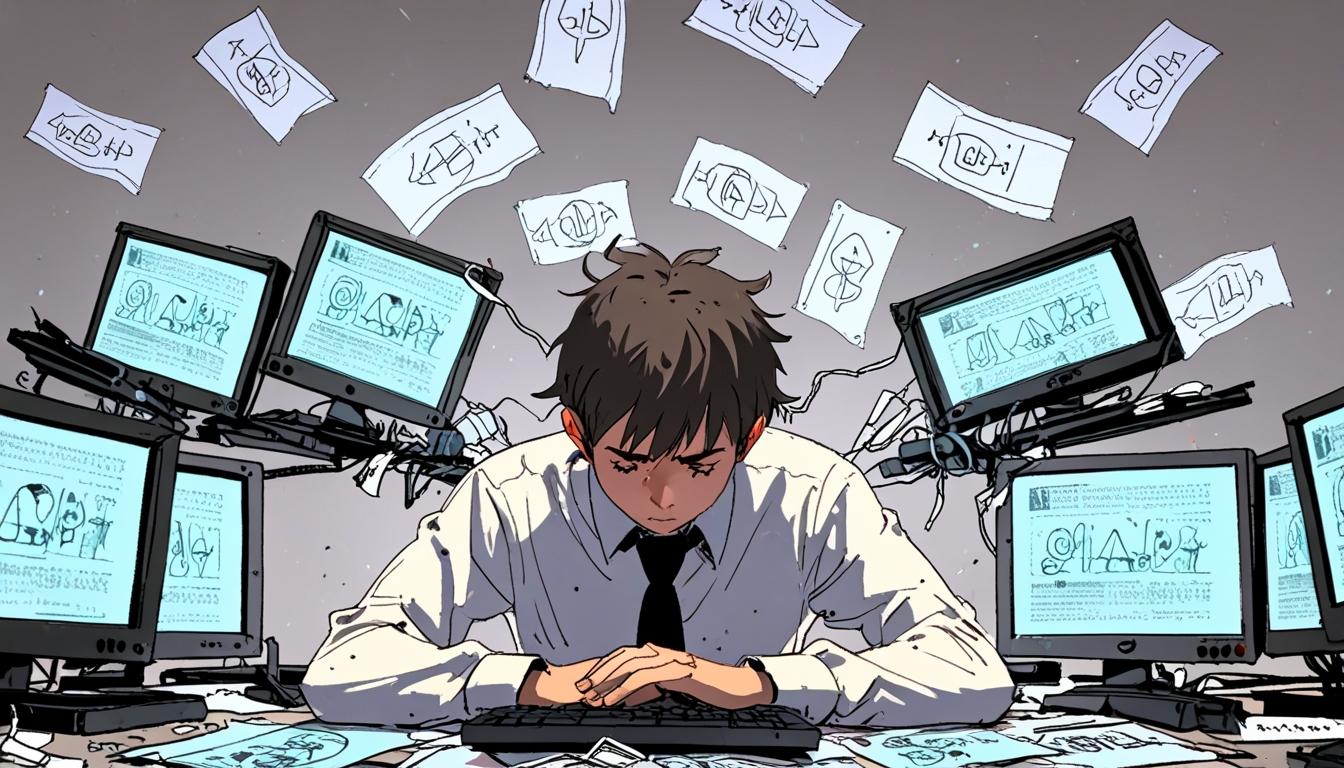LOS ANGELES — The State Bar of California has been facing significant challenges following the administration of the February bar exam, leading to delays in release of results and growing dissatisfaction among test takers. The exam, which is a key step for becoming a lawyer in California, was marked by technical problems, procedural controversies, and revelations about the involvement of artificial intelligence (AI) in exam question development.
Thousands of candidates sat for the February exam, aiming to join California’s legal profession, which boasts about 195,000 lawyers. However, difficulties began well before results were due. Test takers reported problems with the new exam software, such as login failures, system crashes, and missing functionalities like copy and paste. These issues disrupted the exam experience and led the State Bar to promise score adjustments and other remedies after widespread complaints.
Adding to these challenges was the unexpected disclosure that some multiple-choice questions in the exam were created, at least in part, with the aid of AI. This information heightened uncertainty and frustration among examinees, many of whom had already questioned the quality and clarity of certain test questions which seemed odd or legally questionable. The State Bar confirmed that artificial intelligence was used by ACS Ventures, its psychometric service provider, to assist in developing a portion of the exam questions—a use which had neither been authorised by the California Supreme Court nor previously disclosed to the exam’s oversight committee.
Alex Chan, chair of the State Bar’s Committee of Bar Examiners, said, “While AI may eventually play a role in the future of exam development, absent specific judicial guidance, the Committee has neither considered nor approved its use to date.” The Supreme Court of California, unaware of the AI involvement, has called for an investigation into the matter.
Scores that were originally scheduled to be released on Friday have now been delayed to allow the State Bar additional time to seek Supreme Court approval for score adjustments based on exam irregularities. The proposed adjustments notably lower the raw passing score, aiming to compensate for the technical problems and irregular question formulations encountered by many candidates.
Edward Brickell, a 32-year-old Southwestern Law School graduate who took the exam, expressed his dismay, saying in an interview, “I just wanted a fair chance to be an attorney. And it just feels like every week there’s another thing that comes out and says, like, ‘We didn’t give you a fair chance.’” Brickell and others have voiced their concerns via social media platforms and at State Bar meetings, some threatening protests and demanding accountability. Test taker Dan Molina, speaking during a public comment session, said, “You guys are the body that is determining if we are competent to earn a living. Finances are being destroyed. Lives are being destroyed, and are about to be destroyed even more.”
The transition to the new exam format was part of an effort by the State Bar to reduce administrative costs, switching from the National Conference of Bar Examiners (NCBE)—which does not allow remote testing—to a new provider, Kaplan, offering remote exam options. Despite reassurances that preparation would remain largely unchanged, the change proved challenging. An experimental exam held in November saw similar technical issues, and a Kaplan study guide released before the February exam contained numerous errors, prompting a quiet re-release.
More than 5,000 examinees were given the option to defer their exam until July, anticipating some difficulties. Those who do not pass the February exam may retake the test in July free of charge. The State Bar has announced that questions involving AI will not be used in the upcoming July exam.
The State Bar has announced it will evaluate whether Meazure Learning, the provider responsible for the exam’s technology and proctoring services, met its contractual obligations. The organisation has pledged to continue addressing the complications affecting the February exam and to provide follow-up support to candidates.
The Boston Globe is reporting on the ongoing situation and the State Bar’s efforts to manage a complex and evolving challenge in the licensing of new attorneys amid technological and procedural hurdles.
Source: Noah Wire Services
